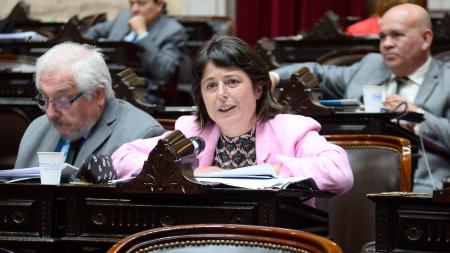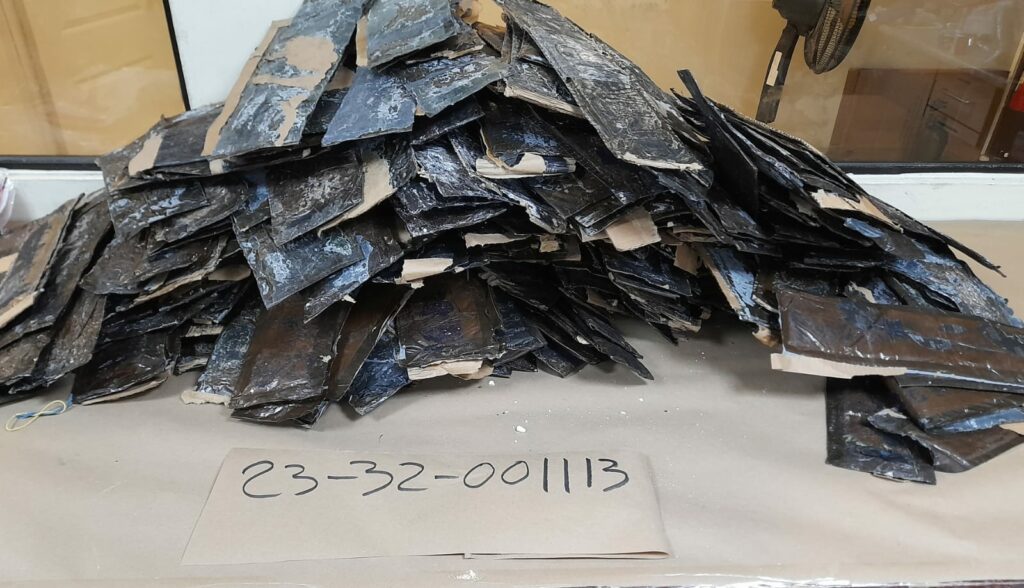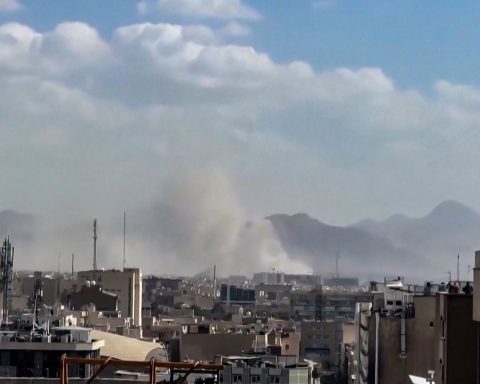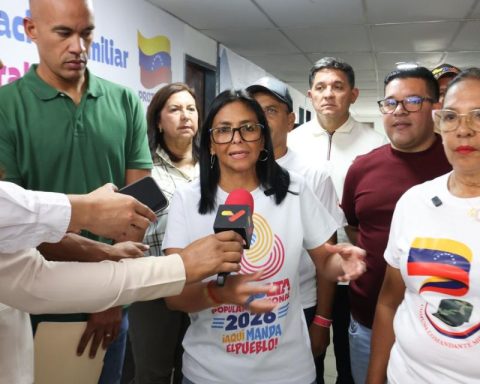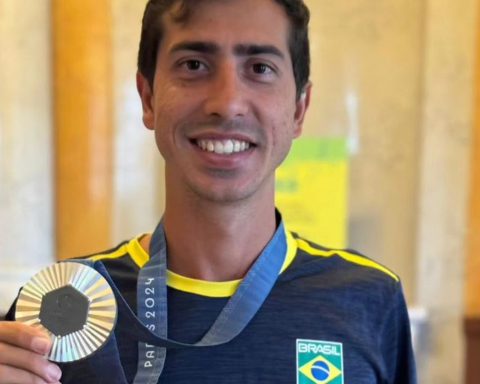The national deputy of the Frente de Todos (FdT) and president of the Political Judgment Commission of the lower house, Carolina Gaillard, maintained that the national government “is not against the Supreme Court of Justice”, and affirmed that the ruling party ” defends the highest court as an institution”.
“We cannot look to the side after arbitrary rulings and contrary to the law. We are not against the Court. We defend it as an institution but we consider that its members committed a violation of the duties they must fulfill,” said the legislator for Entre Ríos in an interview with Télam.
Gaillard confirmed that the ruling party plans to convene the Impeachment Committee, which she chairs, on Thursday morning, January 26, to begin analyzing whether or not to open the process against the members of the highest court promoted by President Alberto Fernández and several governors.
– The issue of impeachment of the members of the Supreme Court was included in the call for special sessions arranged by the Executive Power. Is there already a confirmed date for the meeting of the Impeachment Committee?
– In principle we would be calling for Thursday 26. The intention is to begin the study of the files that have parliamentary status of request for impeachment, whether of deputies, individuals and civil society that are in the Commission.
– Among them is a request for impeachment of Judge Ricardo Lorenzetti, promoted by the Civic Coalition (CC). Is this file also going to be included in the debate?
– Yes, when treatment in committee begins, all projects with parliamentary status are considered. Among those projects is the one presented by deputy Paula Olivetto, which is a reproduction of the one raised by Elisa Carrió.

– The opposition anticipated that it will not give a quorum, but that it will participate in the debates in Commission. Do you consider that it is a strategy of Together for Change (JxC) in the face of the election year?
– It seems to me that it is important that they participate in this Commission meeting and in this impeachment process because it has to do with giving them the seriousness required by this situation of institutional gravity that was generated after the conversations that became public between an official (Silvio Robles) very close to the president of the Court, Horacio Rosatti, with a minister of the Buenos Aires government (Marcelo D’Alessandro). It seems to me that this ended up decanting a situation about which there had been a certain layer of suspicion about the Court and its lack of independence. This was verified when it arrogated faculties that corresponded to other powers3w such as the Legislative or the Executive. We saw that in the ruling on co-participating funds of the City of Buenos Aires. There was an excess in the use of faculties that are not their own. That violates the Constitution and the division of powers. Impeachment becomes a tool to guarantee the independence of the Judiciary.
– What are going to be the main arguments or causes of the poor performance that the ruling party is going to analyze in the commission?
– The impeachment process is a political process, not a criminal one. We cannot determine if a crime was committed or not, that is done by justice. We are going to determine the bad performance that has to do with the lack of ethical probity, with having breached the duties of officials that correspond to it. We are not against the Court, we defend the Court as an institution but we consider that there was a violation of the duties that its members must fulfill. There were rulings that were contrary to law and the use of powers that do not correspond to it. A kind of government of judges was created and that is what will be investigated. We are going to analyze if there was bad performance due to excessive use of the faculties of other powers. In addition, other denounced facts that have status in the Commission will be added and will be submitted to the process of evidence. We understand that it is about producing the greatest amount of evidence to substantiate the facts denounced. Once we finish that stage, the judges of the Court will be notified so that they can make the corresponding discharge. If it is not presented, that will not hinder the continuity of the process.
– Do you think that throughout the process and as the investigation progresses, more support could be achieved in favor of impeachment?
– We are obliged to receive complaints. They are facts of institutional gravity. We cannot look to the side after two arbitrary rulings and added to the public knowledge conversations that came out. The chats (attributed to D’Alessandro) founded the suspicions that there was a relationship between the content of those conversations and the failure of the coparticipating funds. That is causal enough for us to investigate. It is a situation that is causal of poor performance. We are talking about the collusion of the judiciary with political power. There it is understood, after the chats, that behind an arbitrary ruling there was something armed.

– Do you think that this JxC strategy of not giving a quorum to deal with other projects if progress is made in the impeachment trial is an excuse for not voting on other issues on the extraordinary agenda?
– It gives me the feeling that they are going to officiate as defenders of the judges. The opposition has long since taken the place of preserving privileges. There is a kind of agreement between the opposition and justice. We have to fight for an independent judiciary, for a prestigious Supreme Court, like the one we had after (former president) Néstor Kirchner promoted a selection procedure for the judges of the highest court that included citizen participation and public hearings. This is how a prestigious Court was created, with jurists like (Carmen) Argibay, (Raúl) Zaffaroni, (Elena) Highton de Nolasco, who sometimes handed down rulings that we liked and sometimes we didn’t. But it was a prestigious court.
– Other projects that have to do with the administration of justice, such as the expansion of the members of the Court, were also included in the agenda for calling extraordinary sessions. Do you think that this project can move forward in this context?
– I think we have to have a serious dialogue with the opposition and say clearly what kind of justice we want in order to have prestigious institutions that are respectable. The Court that we have today leaves much to be desired and so does Justice. Society has many claims and Justice, which is one of the most privileged powers of the State. Judicial officials are the only ones who do not file sworn statements and do not pay income tax. Those who administer justice cannot be above the rest of society. We must take advantage of this political trial of the Court to give an in-depth debate, in which evidence is produced and with an opposition that counteracts the accusations. We want a process where you really figure out what happened behind some failures. The Judiciary cannot legislate or carry out Government policy.
